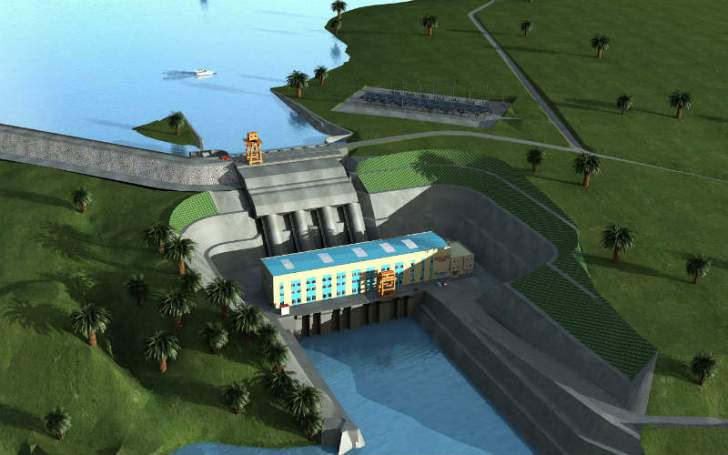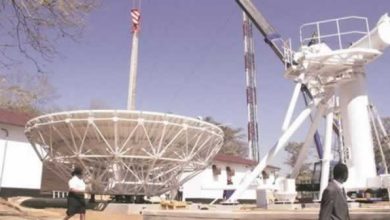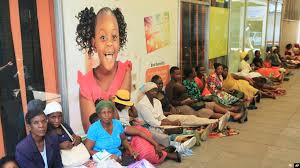ZRA allocated land for Batoka Gorge Hydroelectric power project

BY Nokuthaba Dlamini
THE Zambezi River Authority (ZRA) has been allocated land for the development of infrastructure for the 2400MW Batoka Gorge Hydro-Electric Scheme (BGHES).
The bilateral project between Zambia and Zimbabwe is located within the Batoka Gorge, 47km downstream of the Victoria Falls.
The $4 billion power station is anticipated to mitigate critical power shortages in the two countries.
The Government last week gazetted Statutory Instrument 188 of 2020 setting aside land in Hwange communal lands for the establishment of Batoka Township.
About 100 homesteads in Jembwe, Jabula, Kasikili and Kanywambizi communal lands have been ordered to vacate the land by December 31, 2020.
ZRA chief executive officer Munyaradzi Munodawafa said the studies done by the Environmental and Social Impact Assessment (ESIA) included, livelihood studies of communities to be affected, a household census, socio-economic surveys and asset inventories with a goal to help restore and potentially improve the livelihoods and living standards of displaced Project Affected Households (PAHs).
“The draft ESIA report which includes the Livelihood Restoration Plans (LRPs) for the BGHES has been completed,” he said.
“The study covered the land identified for the accommodation of project staff and land required for the development of the dam, powerhouses and related infrastructure including construction camps.
“The Resettlement Action Plans (RAPs) for these Project components are not required, as construction of these Project components will not affect any primary residential structures or social facilities and therefore will not result in physical displacement of people.”

Munodawafa said the ESIA process was being undertaken in conformance to international standards and good practices, particularly the World Bank Environmental and Social Framework and the International Finance Corporation (IFC) performance standards regarding compensation of project affected persons and the two countres existing environmental laws.
The SI neither refers to any compensation process, nor does it seek to displace anyone without fair and adequate compensation but is only a standard excision statute to deter any opportunistic or unscrupulous settlers.
“The Authority remains committed to addressing any adverse impacts on the host communities resulting from the implementation of the project by employing international and local best practices in a fair and transparent manner,” he said
“The costs of these mitigatory measures as determined by the consultants, will become part of the project costs with implementation of the measures being mandatory.”
Munodawafa said social amenities of the communities hosting the displaced households will be assessed.
Batoka Gorge plant will be constructed and all water bodies situated on the 2 700-kilometre-long river at an estimated cost of US $4bn.
The river also feeds the world’s largest man-made water reservoir, the Kariba Dam, which powers two hydro schemes on either side of the river and operated by the two countries.
Each power house of the facility will be installed with six 200MW hydroelectric turbines. The catchment area of the reservoir will be 508,000km², while four intakes will be built to send water to both the power plants through 4km-long tunnels.
A crest type spillway with 12 radial gates will be constructed to ensure controlled release of flow from the reservoir. Measuring 13m-tall and 14m-wide, the spillway’s design discharge capacity will be 20,000m³.
The power generated will be shared equally among the two countries.






